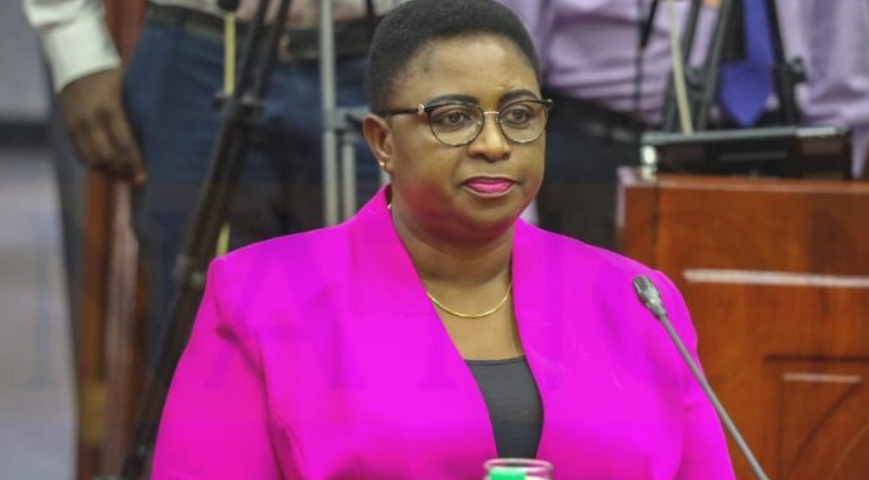Gender, Culture, Arts, and Heritage Cabinet Secretary (CS) Aisha Jumwa has affirmed the government's commitment to forming a National Kiswahili Council to promote and develop the language.
Speaking in Mombasa during the celebration of the third World Kiswahili Day, she revealed that the Cabinet has been given the go-ahead for the council’s formation.
She revealed that the draft bill was at the Office of the Attorney General before it was tabled in the National Assembly to be enacted into law.
Further, she has called on President William Ruto to lobby legislators to pass the bill to facilitate the Council’s formation before the end of the year.
“My Ministry continues to put in place necessary policies for the development of Kiswahili.”
Did you read this?
Additionally, she said Kiswahili will help facilitate the implementation of the Bottom-up Economic Transformation Agenda (BETA) since it is widely discussed.
The CS further urged Disc Jockeys (DJs) not to play beats of the National and EAC Anthems so that citizens could sing them as a manifestation of patriotism.
“It shouldn’t be just music and beats. We should recite the words that unite the country and convey the message of peace and love in our nation,” said CS Jumwa.
For her part, the Principal Secretary of the State Department for Culture, the Arts and Heritage, Ummi Bashir, called on the use of technology to promote Kiswahili through innovation.
PS Bashir noted that the government is accelerating efforts to include Kiswahili in all digital platforms to reach many people.
“In this digital era, we have a unique opportunity to promote and develop our language through innovation,” said PS Bashir.
The Executive Secretary of the East African Kiswahili Commission, Dr. Caroline Asiimwe, lauded the United Nations Educational, Scientific and Cultural Organization (UNESCO) for declaring July 7 a Kiswahili day.
Dr Asiimwe noted that there was a need for Kiswahili-speaking countries to use the language to actualize sustainable development.
“Recognition of Kiswahili by UNESCO is a testament to the language’s role in uniting communities and promotion of peace,” said Dr Asiimwe.









